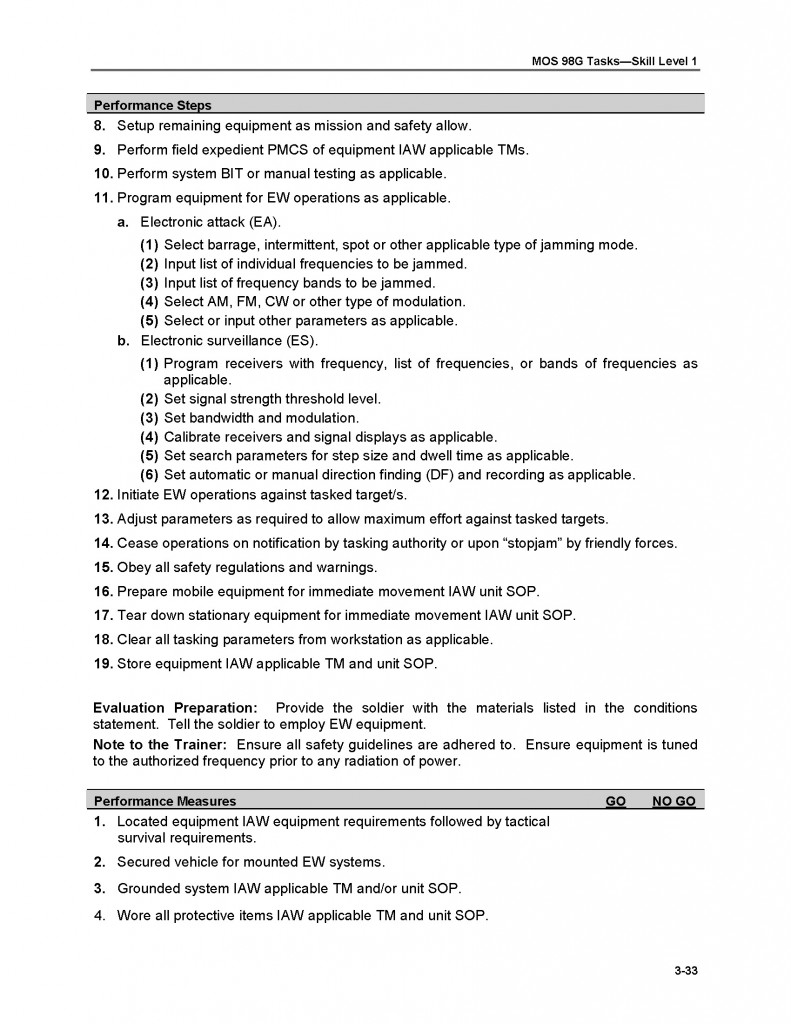

They are responsible for providing language and cultural support to the Air Force and other government agencies. Airborne Linguist Air ForceĪn airborne linguist is a member of the United States Air Force who is trained in languages and culture. What is the foreign language proficiency pay? Those who speak Arabic, Pashtu, Persian-Afghan (Dari), or Chinese fluently will receive the largest bonuses. These languages are particularly in demand for linguists who aren’t cryptographers. Are Linguists In Demand In The Air Force?Ĭhinese and Russian linguists and cryptologic linguists serving in the United States Air Force are in high demand due to their critical roles. Every linguist employed by the US military is subjected to the same set of tests as those employed by intelligence agencies or branches of the armed forces. What Languages Are In Demand For The Military?Īrabic, Chinese, Pashto, Farsi, Russian, and Korean are the most commonly requested languages among military personnel. As a result of this step, the military will be able to continue its operations in Afghanistan. This issue has prompted the Air Force to recruit more Pashto linguists in order to address it. The problem is that it can make it difficult to communicate with those who live there. Another major stumbling block for military operations in Afghanistan is language proficiency. As a result, roughly half of the population speaks it. This is especially difficult given that Pashto is one of Afghanistan’s two official languages. The military, on the other hand, has not received the resources it requires. The Air Force has been working hard in recent years to improve its language proficiency by increasing the number of linguists who speak the language. Despite the fact that the Air Force is withdrawing from Afghanistan, it is difficult to speak fluent Afghan. Pashto is Afghanistan’s two official languages. The Air Force lost eight linguists from May 2021 to May 2022. IAS officers lead multinational coalition operations by coordinating operations with regional allies and representing the Air Force. Candidates must pass a Defense Language Proficiency Test or an Oral Proficiency Interview in order to be considered for a Defense Language proficiency test. The Language Enabled Airman Program, or LEAP, is managed by the U.S. Air Force officers who have advanced foreign language skills are educated in the International Affairs Specialist Program. Those with linguist skills in Farsi, Russian, Japanese, Chinese, Pashtu, or Korean may be able to find work as cryptologic language analysts. Air Force encourages all of its personnel to speak a foreign language at some point in their careers. Personnel who are able to speak these languages fluently are highly valued and sought after. These languages are in high demand due to the air force’s global mission and presence. The air force is always looking for personnel who are proficient in one or more of the following languages: Arabic, Chinese, Farsi, Hindi, Korean, Russian, and Spanish. What Languages Are In Demand In The Air Force? You are well on your way to a successful Army career if you have a high ASVAB score and a degree or equivalent in linguistics. A linguists’ career in the Army can be exciting and challenging, and they have a lot of opportunities. If you are interested in linguistics, the U.S. A linguist also helps soldiers communicate with civilians and other foreign nationals. They assist soldiers in translating battlefield commands into understandable language and assisting them in understanding the culture of war zones so that they can serve their country more effectively. Linguists are required by the Army’s mission. It is desirable to have prior foreign language education, training, or experience but not required. In addition, the Armed Services Vocational Aptitude Battery (ASVAB) must be met. Linguists must be fluent in both English and French and have a strong background in science and technology. However, most employers will require you to have at least a bachelor’s degree in linguistics, and it is also beneficial to have experience working with computers and coding languages. There is no one-size-fits-all answer to this question, as the score you need to be a cryptologic linguist will vary depending on the specific job you are applying for.


 0 kommentar(er)
0 kommentar(er)
